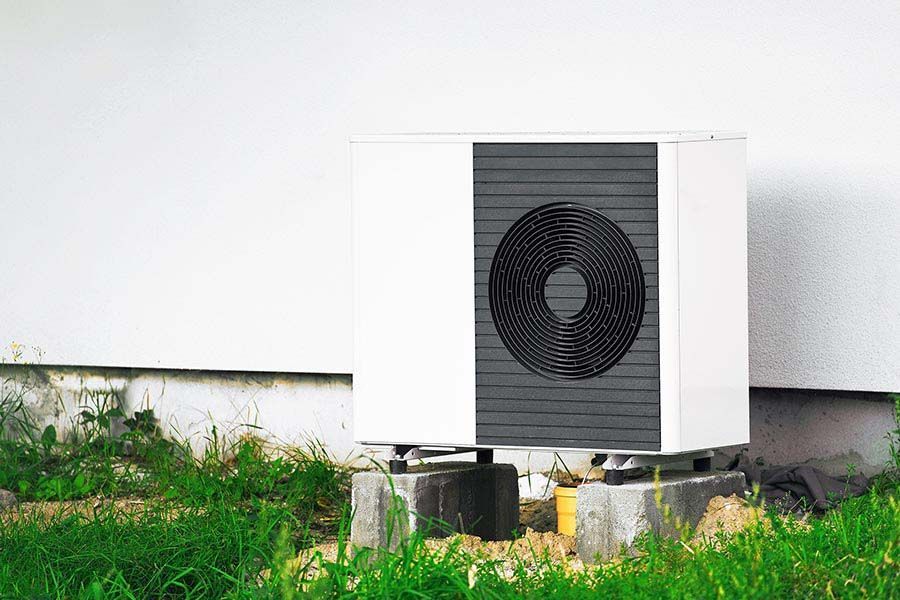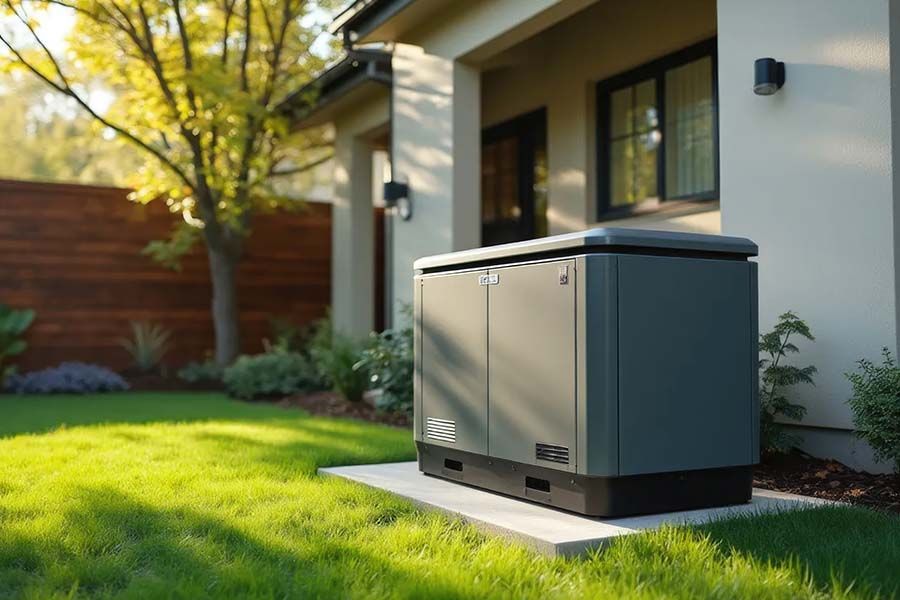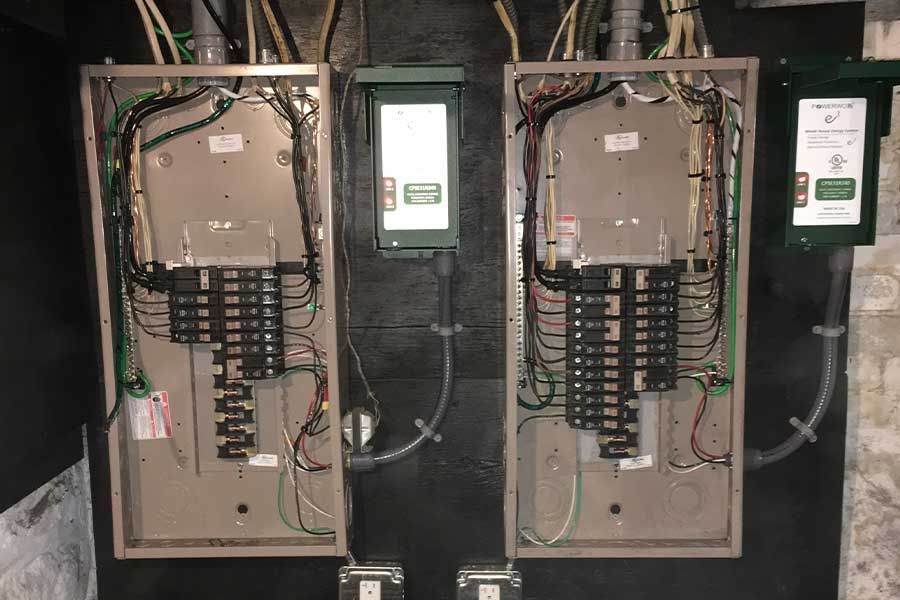Reasons Why Your Generator Runs but Produces No Power
Most families use their generators as reliable backups for when the power cuts out. Especially in the colder months, generators go a long way in keeping your home happy, warm, and functional. But what happens when your generator stops working at a critical moment?
One of the most commonly searched issues is when a generator runs but no power is distributed to the home. We’ve talked with expert technicians to get their expertise on the situation. They know what you should do if you find yourself in this situation.
To learn more about generator backfires, reference your local generator repair service page or contact a professional to come safely diagnose your problem when your generator doesn’t work.
Loss of Residual Magnetism
If your generator keeps running without producing power, you’re likely looking at a loss of residual magnetism.
Generators create power by moving electricity through a self-made electrical field. They achieve this by converting some of the power they make into a DC current and running the current through a coil, rendering it an electromagnet.
Once you stop using your generator, it retains some of this magnetic field — we call this residual magnetism. Your generator relies on its residual magnetism to start up the next time you use it. Should it lose its residual magnetism, it will run without producing any energy.
How Does a Generator Lose Residual Magnetism?
One of the main culprits is lack of use. Your generator’s magnetism reserves deplete slowly over time, and if you wait a while before starting the generator again, the unit cannot replenish its magnetism reserves. Likewise, the electromagnetic field will shut down if you leave your generator running too long without plugging it into a device.
Similarly, if you keep devices plugged into your generator after powering the generator off, the magnetism will be sucked out of the generator as if it were still running.
How To Prevent Residual Magnetism Loss
The most foolproof tip requires you to use your generator regularly. This will allow you to maintain and re-generate the unit’s electromagnetic field.
Before you power your generator down after a day of use, unplug all devices and other power loads. This will make sure no magnetism is lost once the device is off.
As you run your generator, keep it plugged into at least one device until just before you turn it off. This might be the most effective method to preserve residual magnetism.
Poor Connections
If your generator runs but no power is generated, consider fixing poor connections via the unit’s ports. Clean particles, debris, or blockages before plugging devices in to test that the power is flowing correctly. This step maximizes your generator’s reliability, ensuring you get the most out of the energy it produces. However, if your generator won't start, troubleshooting these issues becomes essential for restoring power.
Faulty or Broken Automatic Voltage Regulator (AVR)
Your AVR stabilizes the main power supply voltage to a load, essentially giving your generator protection from power sags, brownouts, and surges.
If you have already diagnosed that your AVR has issues and want to replace it, follow these steps:
- Unplug the spark plug to prevent accidental starting
- Remove the bolts holding the generator’s alternator cover
- Remove the two spade connector wires to the brush assembly
- Remove the screws holding the AVR in its position
- Disconnect the quick connector
- Connect the new AVR to the quick connector and follow these steps backward
As with any situation dealing with electricity and power, proceed with extreme caution. For the highest degree of safety, contact a professional electrician to come to your home for electrical services.
Faulty or Broken Capacitor
The capacitor in your generator has two functions: It induces voltage into the rotor and regulates the voltage. An inadequate capacity yields a low voltage reading, meaning most of your power is generated from residual magnetism.
To check if your capacitor is malfunctioning, remove it from the generator and discharge any excess electricity. If you have one, use a multimeter to take a reading from the capacitor. The reading should be around +/- 5uf from the rating printed on the side of the capacitor.
If the reading is beyond these levels, it’s time to replace your capacitor.
Faulty or Broken Breaker
Your generator’s circuit breaker acts as a mini power plant located between the generator and step-up transformer. Because of their function, if circuit breakers malfunction, it will result in inadequate power being generated from your unit.
If you’ve diagnosed your generator has a breaker problem, you can perform the replacement independently. To replace the breaker:
- Remove the spark plug to prevent accidental starting
- Remove the screws holding the outlet housing
- Disconnect the power harness and open the housing cover
- Pay attention to the wire orientation on the breaker in need of replacing
- Use a flathead screwdriver to put pressure on the tabs to free the breaker
- Remove the breaker cover
- Fit the new breaker into the slot and reconnect the wires
- Follow the steps backward to complete the installation
Again, these problems can be tricky for the average homeowner to handle on their own. Reach out to a professional today if you need help fixing your broken generator. You don’t want to make a costly mistake or ruin replacement parts.
Excitation Circuit Wiring Error or Blockage
If a circuit wiring error has caused your generator malfunction, you’ll have to find the error. Use a multimeter to find a blocked circuit before winding and connecting it.
If the failure is due to poor contact, clean the surface layer until it’s flat. At this point, the connection should be tight again. If your generator runs but no power is produced still, your generator’s wiring may be fried and unusable.
Reach Out to a Professional Generator Repair Service Today
If your generator runs but no power comes out, and you can’t troubleshoot the issue alone, reach out to a professional technician to diagnose the problem for you.
Contact the
generator repair professionals at
Professional Services today by calling
262-218-2636. We’ll get your generator issues sorted out promptly so you and your family can safely rely on it whenever the need arises.
You might also like







